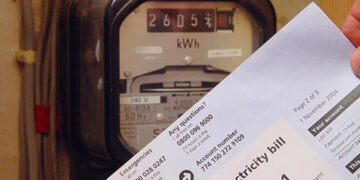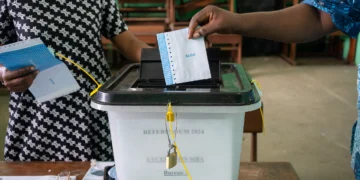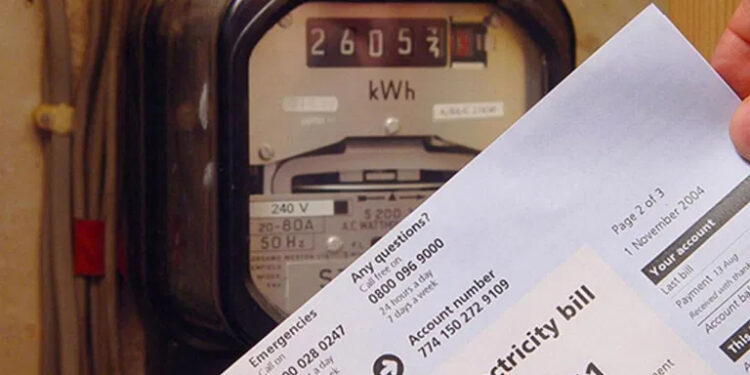The Nigerian Electricity Regulatory Commission (NERC) has issued a directive to the electricity distribution companies (DisCos) on the structured replacement of faulty and obsolete meters for their customers with effect from March 4, 2021.
The commission made this known in Order No. NERC/246/2021 signed by its Chairman Mr. Sanusi Garba and Mr. Dafe Akpeneye, Commissioner Legal, Licensing and compliance on its website in Abuja.
NERC said Order No. NERC/246/2021 took effect from March 4.
“DisCos may replace faulty/obsolete meters under the National Mass Metering Programme (NMMP) but must be done in strict compliance with the Metering Code and other regulatory instruments of NERC, ‘’ it said.
The commission noted that over 7 million customers are currently unmetered as indicated by the customer enumeration data. It also estimates that an additional 3 million meters are currently obsolete and due for replacement.
NERC pointed out that the existence of unmetered customers contributes to the threat affecting the financial viability of the NESI as unmetered customers expressed their displeasure with the estimated billing methodology.
It is worthwhile to note that the move will remove the bottlenecks that had previously impeded the rapid deployment of meters to unmetered customers and the receipt of complaints from metered customers in fourth-quarter 2020, that they had been served meter replacement notices by DisCos when all stakeholders were preparing for the National Mass Metering Programme (NMMP).
The statement from NERC partly reads, “The Commission notes that over 7 million customers are currently unmetered as indicated by customer enumeration data. It is also estimated that an additional 3 million meters are currently obsolete and due for replacement.
“The existence of a large population of unmetered customers contributed to threats affecting the financial viability of NESI as unmetered end-use customers expressed deep dissatisfaction with the estimated billing methodology.
“The revenue assurance objectives of DisCos have also been challenged by being unable to properly account for the utilization of electricity by end-use customers”.



































